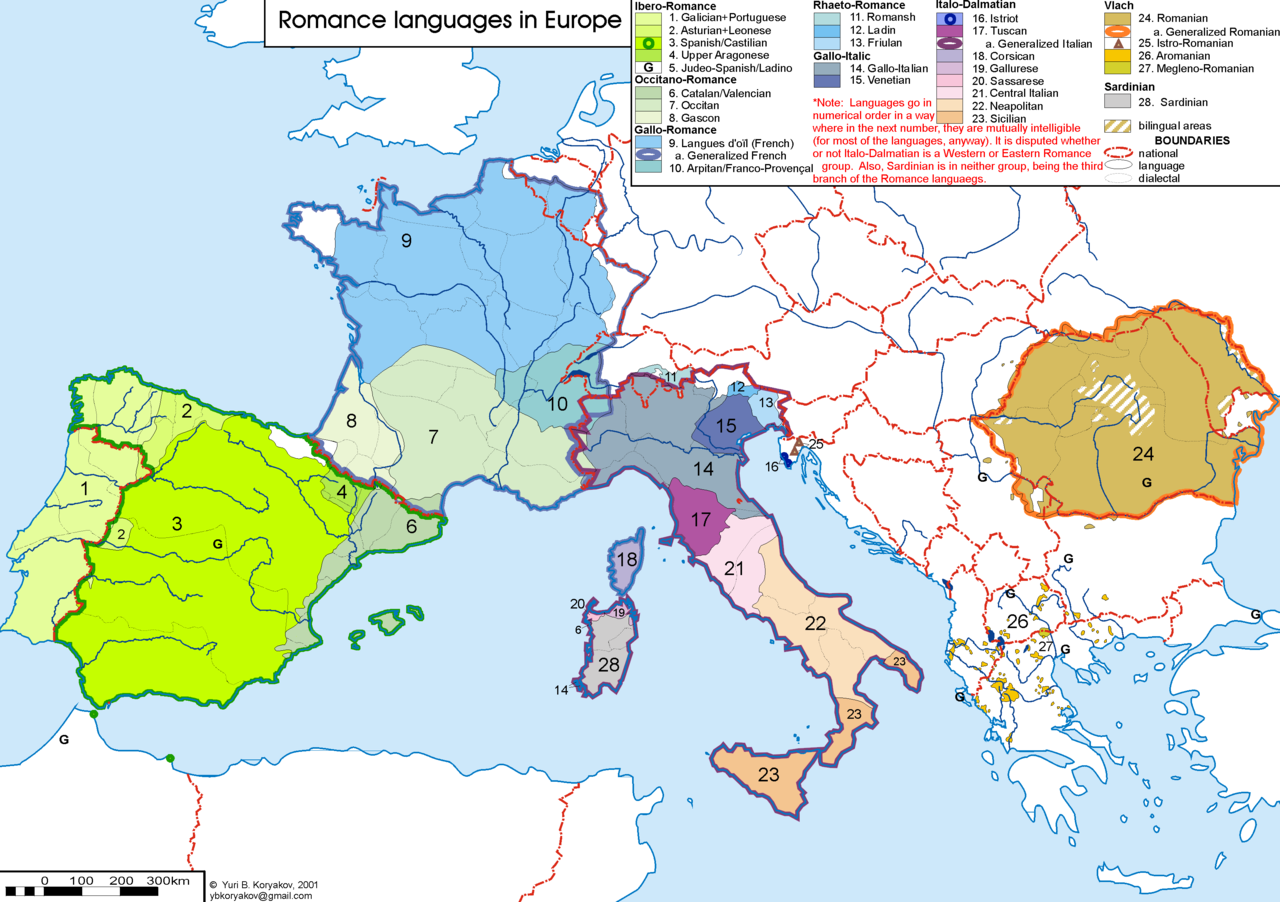In an alt-scenario where the Central Powers would have won WWI, how much could have A-H expanded without risnking its complicated internal stability?
- They could have annexed some former territories in Northern Italy, as they handled them before and this did not affect much the nationalities balance.
- A new division of Congress Poland between A-H and the German Empire, like the Third Partition? Adding a lot of new Slavic population might not be a good idea, but they already did it in 1795.
- Parts of Serbia and/or Montenegro? It does not seem a good idea.
- Parts of Romania and/or Russian Bessarabia? Neither.
- Some exclaves in France/Belgium. It might seem a crazy idea, but IOTL Bavaria proposed the establishment of a Bavarian exclave in occupied Antwerp so....
- They could have annexed some former territories in Northern Italy, as they handled them before and this did not affect much the nationalities balance.
- A new division of Congress Poland between A-H and the German Empire, like the Third Partition? Adding a lot of new Slavic population might not be a good idea, but they already did it in 1795.
- Parts of Serbia and/or Montenegro? It does not seem a good idea.
- Parts of Romania and/or Russian Bessarabia? Neither.
- Some exclaves in France/Belgium. It might seem a crazy idea, but IOTL Bavaria proposed the establishment of a Bavarian exclave in occupied Antwerp so....
